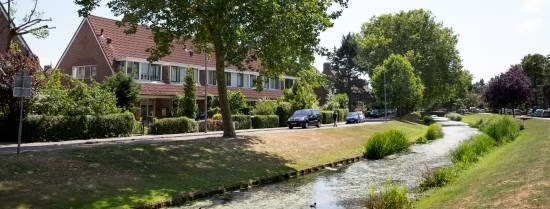In our project, we aim to make sustainability policies more inclusive for less-educated citizens, who support these policies less. We will first explore perceptions of sustainability among less-educated citizens via in-depth interviews. Subsequently, we will develop novel interventions tailored to their life-world, and test their potential impact via survey experiments.
About this research
Extant research has predominantly focused on less-educated citizens’ allegedly limited resources or knowledge to understand their sustainability attitudes. Little attention is given to how they themselves perceive of sustainability policies. Therefore, in our project’s first phase we aim to develop an in-depth understanding of these perceptions among less-educated citizens in a focus-group setting. In the second research phase, we aim to develop novel interventions (e.g., communication styles, information campaigns) that fit the life-world of less-educated citizens, and test their merit on their support for and participation in sustainability initiatives.
How does our research make an impact?
Our project contributes to obtaining in-depth, inductively-explored insights into less-educated citizens’ sustainability perspectives, which we aim to publish in highly-visible journals within sociology and/or public health. The same goes for our innovative survey experiments that test the merit of interventions in less-educated citizens’ support for and participation in sustainability initiatives. Building on our close collaboration with municipal stakeholders, our project will provide recommendations to local governments, civil services, and municipal councils. A symposium will be organized inviting our municipal stakeholders and researchers working on related themes to discuss the application of our research to practice.
 Kjell Noordzij, MScEmail address
Kjell Noordzij, MScEmail address Dr. Joost Oude GroenigerEmail address
Dr. Joost Oude GroenigerEmail address Prof. dr. Jeroen van der WaalEmail address
Prof. dr. Jeroen van der WaalEmail address Prof. dr. Willem de KosterEmail address
Prof. dr. Willem de KosterEmail address
Partners & Funding
Our external stakeholders are the municipalities of Den Haag, Hoeksche Waard, Lansingerland, Rotterdam, Voorne aan Zee, and Westland.
30% matching of the project’s value.
